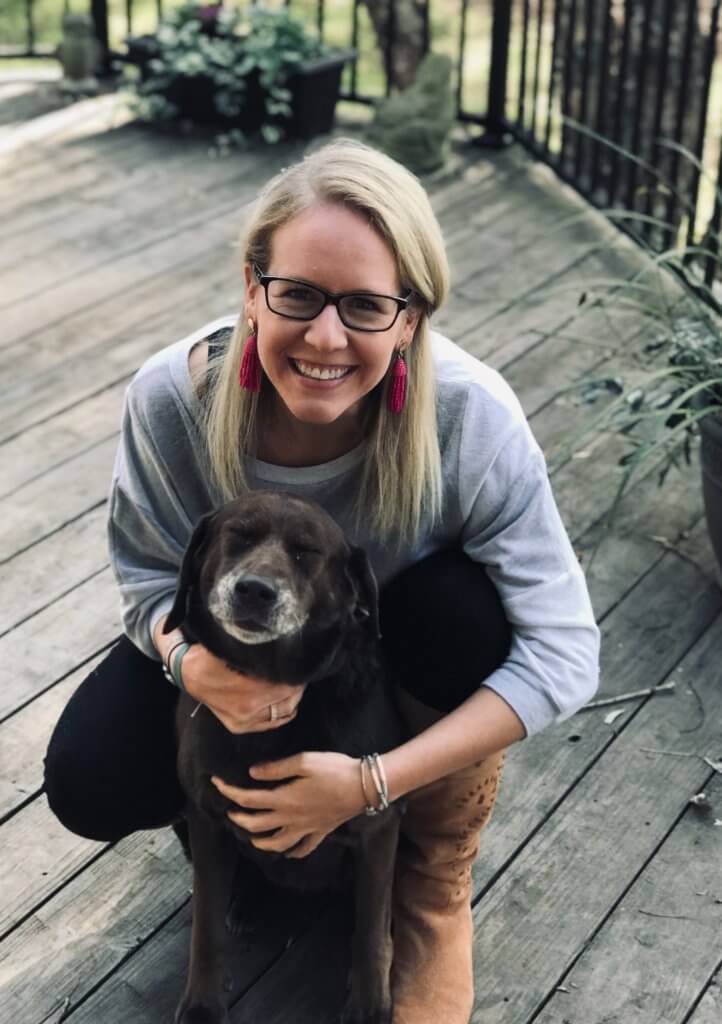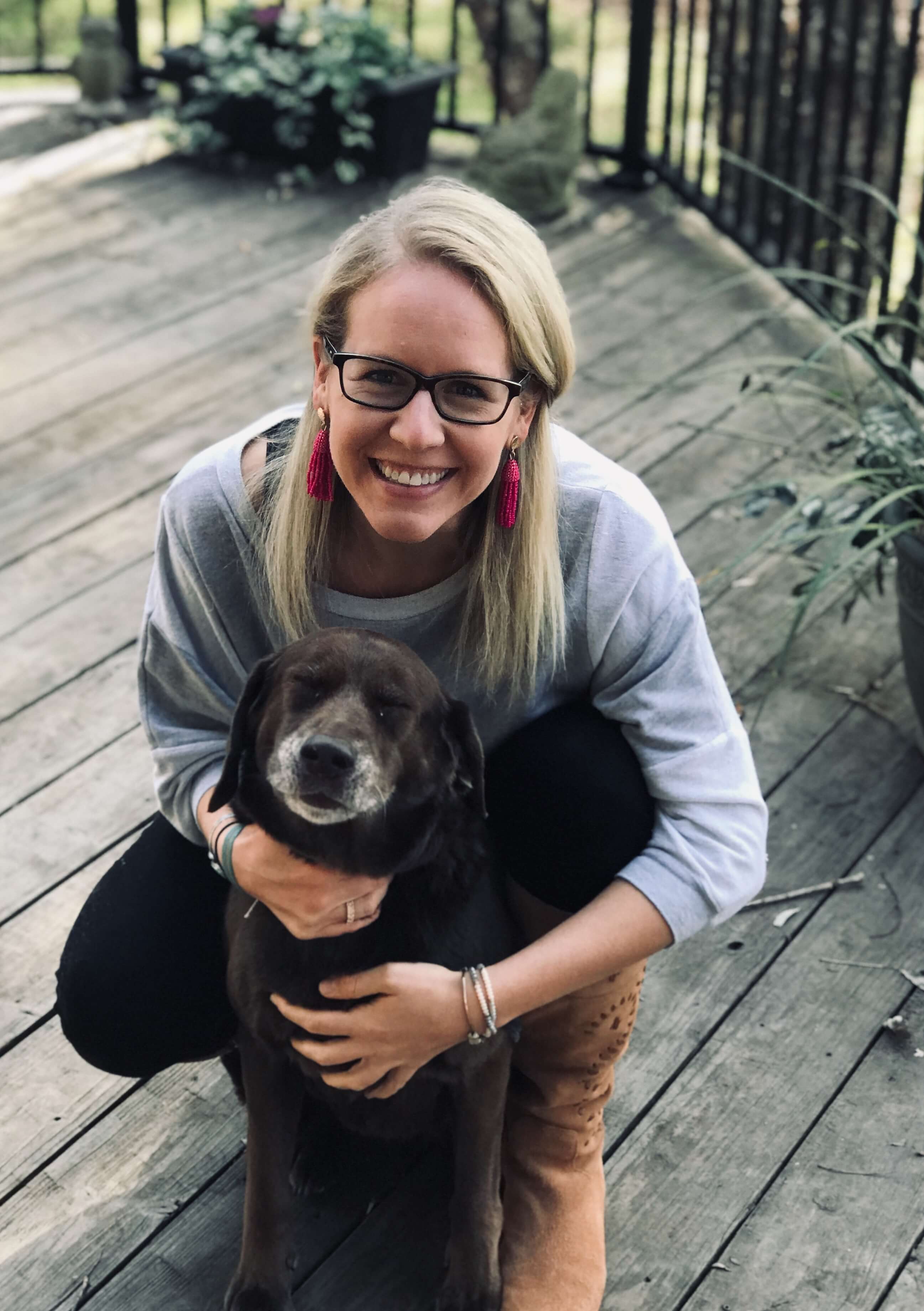Margaret Evans ’16 MSW has been selected as one of 25 inaugural Fellows of the Social Work Futures Lab at Portland State University. The project is a national program of the Robert Wood Johnson Foundation.
Evans is a program officer at the U.S. Committee for Refugees and Immigrants (USCRI), based in Arlington, Va. In this role she manages programs, provides technical assistance, and further advances gender equity in partnership and collaboration with over 22 refugee resettlement agencies across the U.S. Her work as a Futures Fellow will focus on the future of gender justice and the intersections of white supremacy and capitalism that influence and hinder gender justice in the U.S. and globally. In addition to gender justice, she has specific interests in futures work as it relates to definitions and perceptions of leadership, narrative change and ethical storytelling, the future of migration and borders (geographically, institutionally, and interpersonally), the future of families, collective liberation, and community-led solutions to social problems.
Robin Mama, dean of Monmouth University’s School of Social Work, notes that the core areas of futures work—foresight, signals, forecasting, action planning—raise important questions. For instance, “What would this future be like if it continues to evolve in ten years? Who benefits most from a future? Who has a say and who doesn’t? Who might be harmed? What communities have been centered and if so, in what ways?,” she said. Mama also notes that because futures work is not an intentional daily practice, it can feel uncomfortable, but can be an excellent generator of radical empathy. For example, “How does this future make me feel and why does it make me feel a certain way? What might a future feel like for others I personally know? What might it feel like for those I don’t know and who hold various, multiple, and different identities from my own?”
Social work is a field with immense versatility and it’s one that is uniquely positioned to respond to issues of social injustice; however, what if social workers were also on the frontlines of shaping what the future of justice looks like in proactive ways? Mama argues, “The time has never been more urgent for social workers to expand thinking beyond current social norms and the status quo.” Evans was immediately drawn to the Social Work Futures Lab Fellowship because of the offerings it has for dismantling systems of harm, breaking through binaries that cut across and lie within the profession, and harnessing solutions which help imagine a better, more just world grounded in care, humanity, accountability, and the collective.


